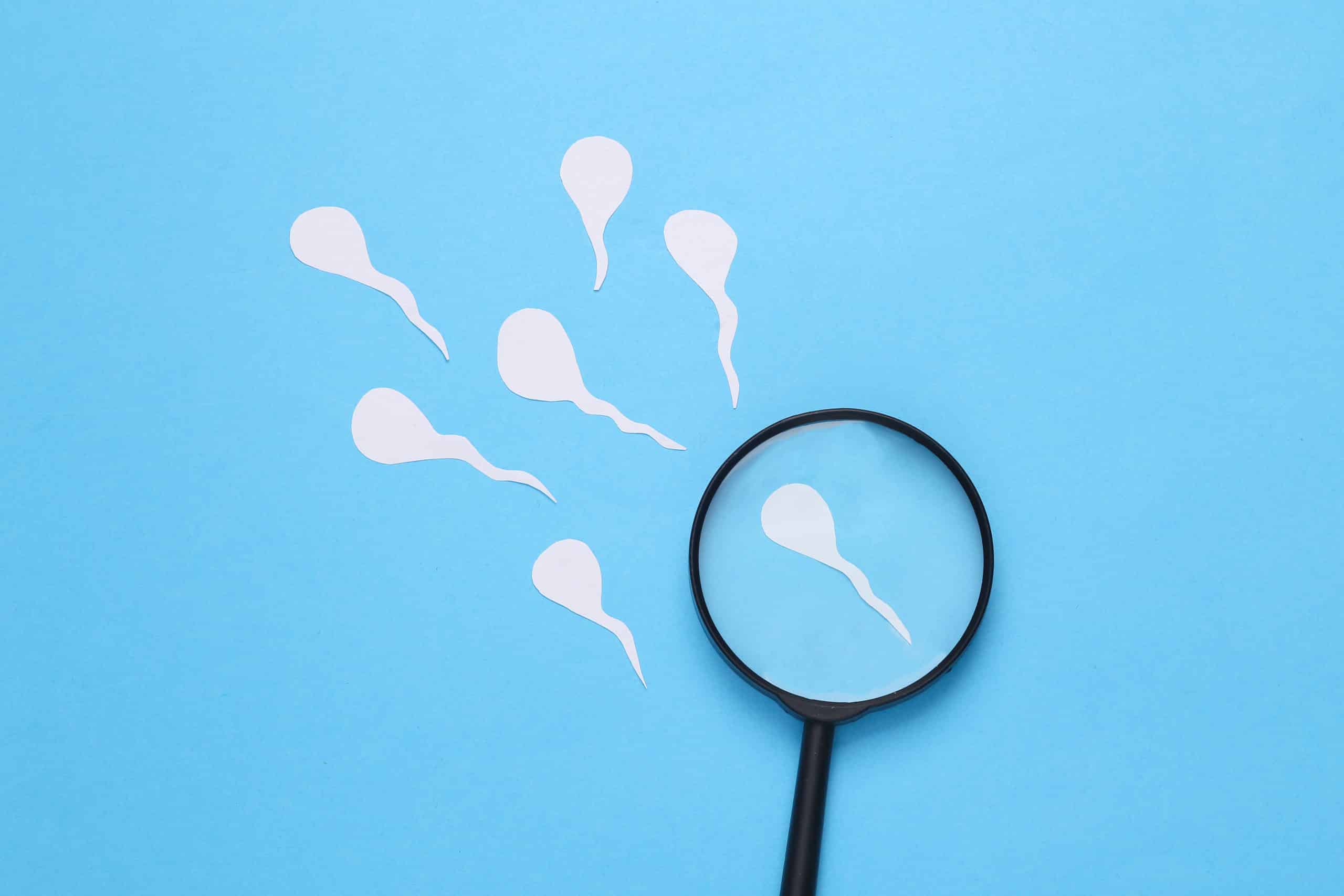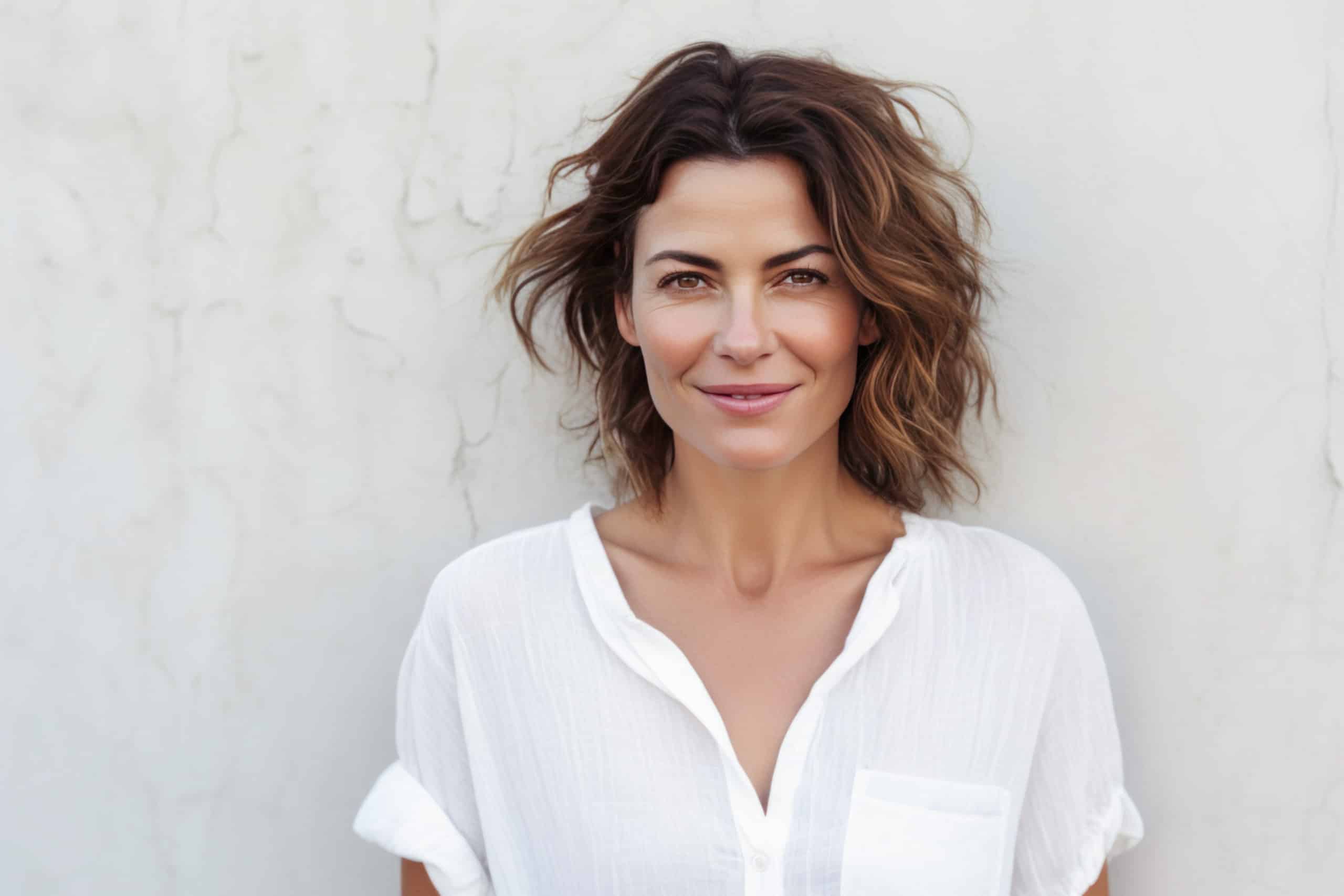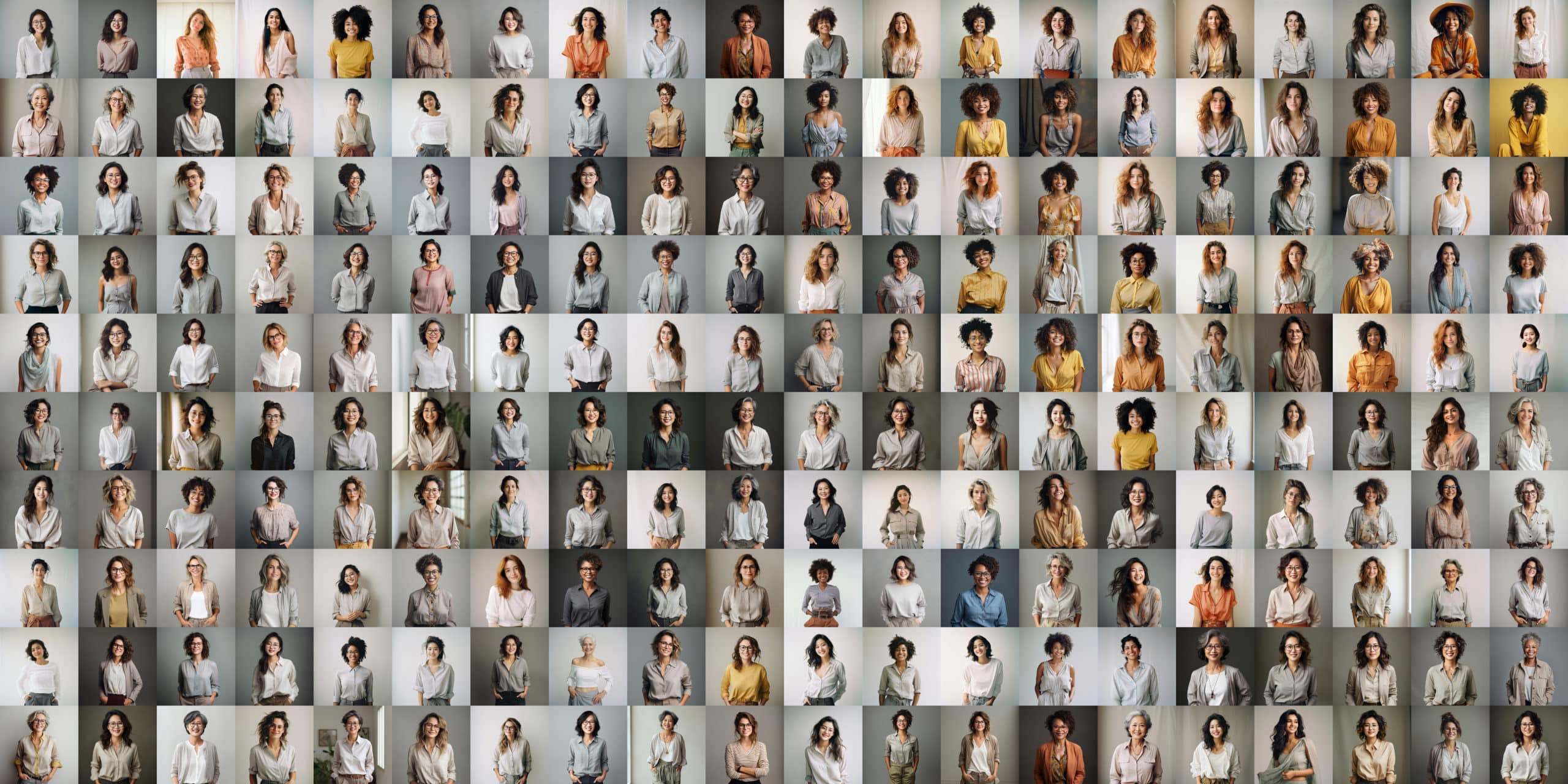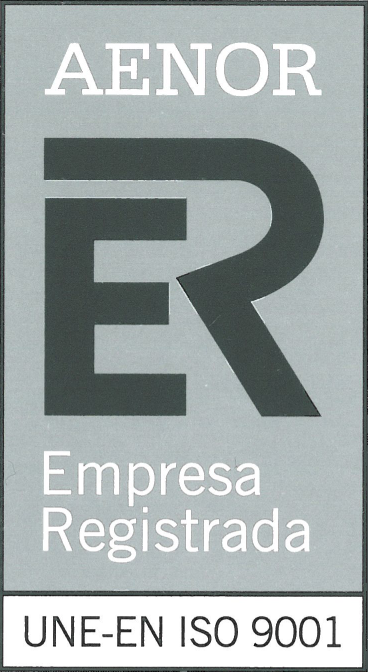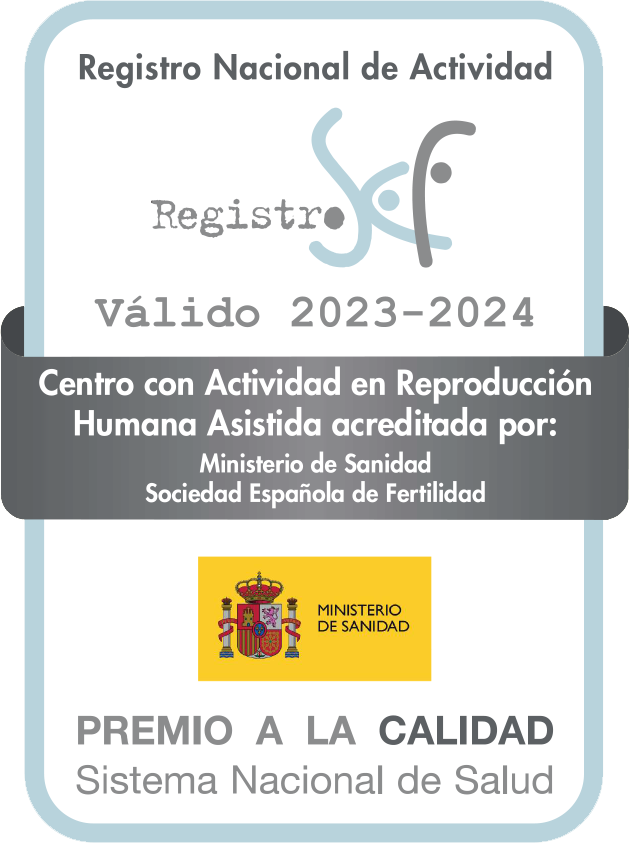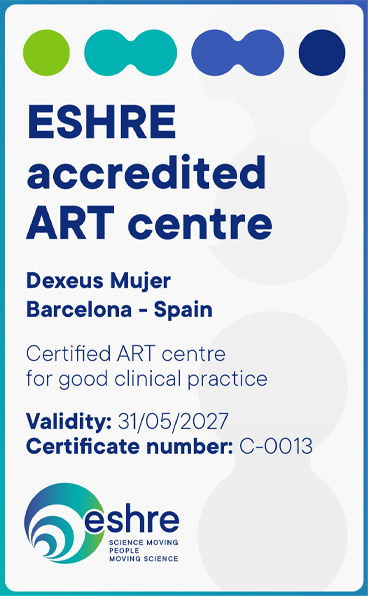Motherhood after age 40: probabilities and risks
It can be done. But if you decide to start a family when you are older, it is very important to be well-informed and to know your realistic chances of getting pregnant, whether naturally or with the help of assisted reproductive techniques. In these cases, time is also a key factor. Dr Jorge Rodríguez Purata, an expert in reproductive medicine from Dexeus Mujer, answers a few key questions.
Age: where is the limit?
In general, doctors consider a woman to be “older” when she has a child at over 38 years of age. This doesn’t mean that she cannot get pregnant naturally at this age or even several years later. But if we look at the statistics, her chances are lower and the risks increase. For assisted reproductive treatments, scientific societies set the limit at around 50 years of age.
What chance do I have of getting pregnant?
It depends on the individual case. Your eggs age as you get older, which affects their quality. From the age of 40, the percentage of eggs with chromosomal alterations is higher and there is a higher risk of miscarriage. Age also affects the quality of your partner’s sperm, if you have one, and the decision to use donor eggs, which significantly improves the rate of success in women of this age. The specialist will tell you which tests are necessary to determine your chances in each case.
What are the risks?
In general, if your health is good and you do not have any chronic or previous illnesses, you don’t need to worry. In fact, the risks are the same as for a young expectant mother, but they are more common and not as well-tolerated, as the body is not in the same condition as that of a younger woman. The risk of miscarriage also increases and you are more likely to give birth by caesarean.
What is the success rate of IVF?
It depends on the patient and many other variables, but the woman’s age is a key factor. In general, the success rate in women over 40 can be up to 30% per cycle, and can reach 50% if oocyte accumulation or donor eggs are used. However, from 45 years of age there is a higher risk of miscarriage.
When are donor eggs necessary?
The doctor will determine this. It is recommended when your ovarian reserve is considered ineffective or insufficient to undergo treatment with your own eggs. One of the advantages of this treatment is that, by law in Spain, donors have to be between 18 and 35 years of age, as this is the period when women’s fertility is highest, and therefore when the eggs are most effective and their quality is highest.
